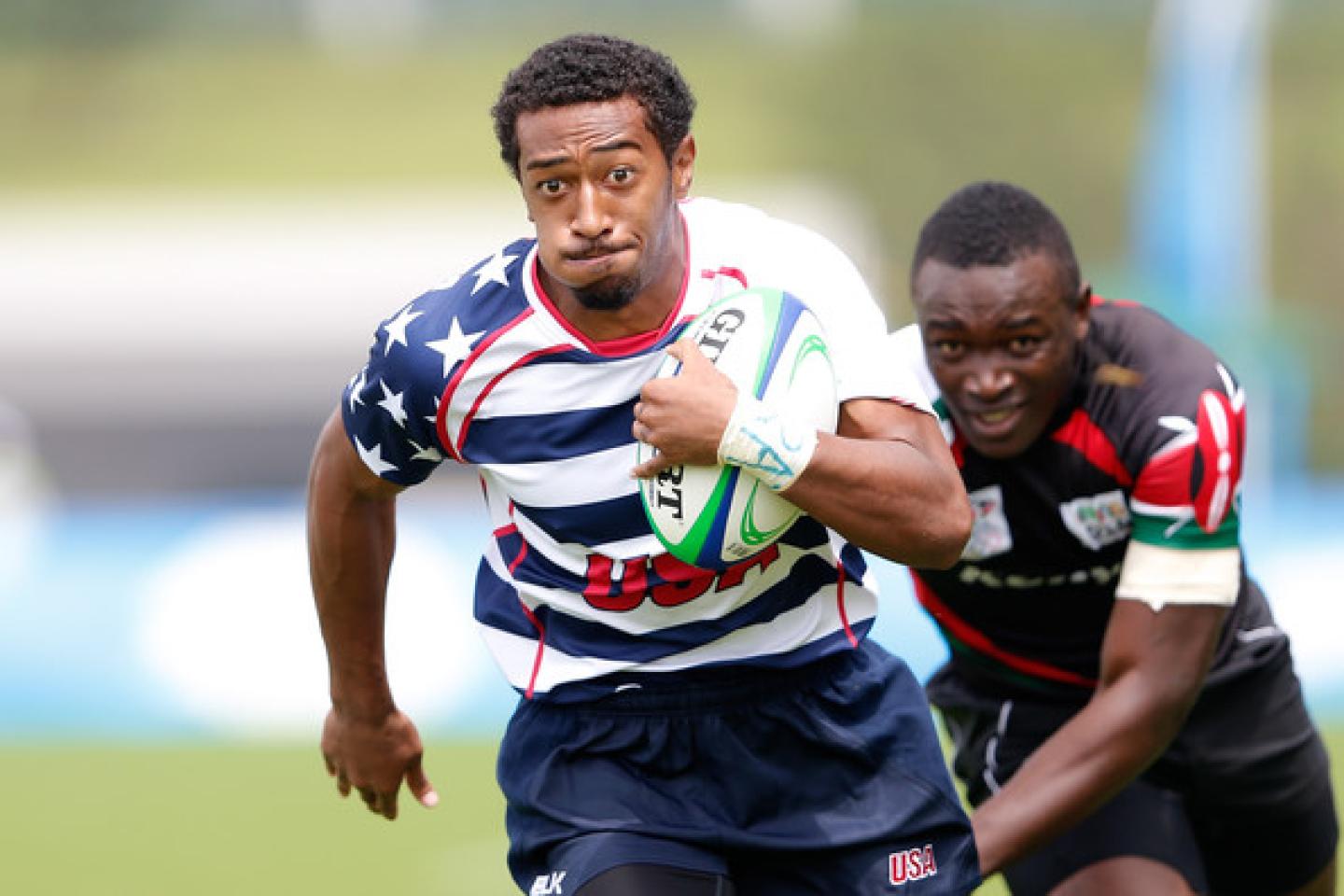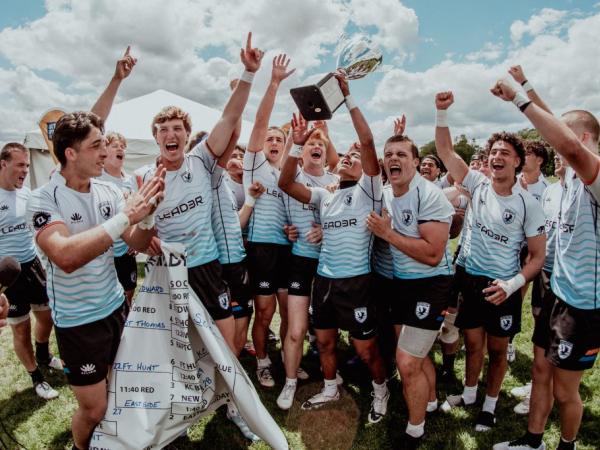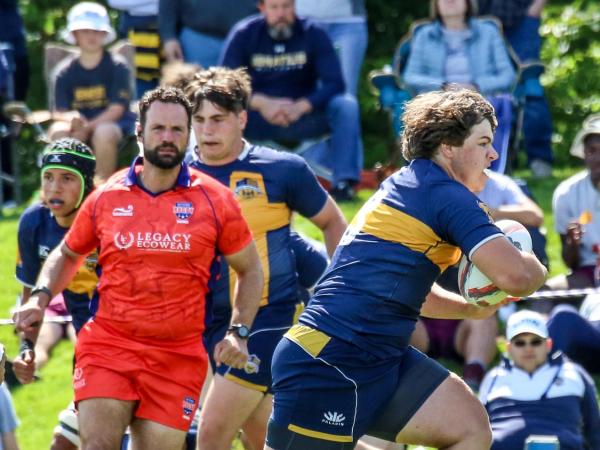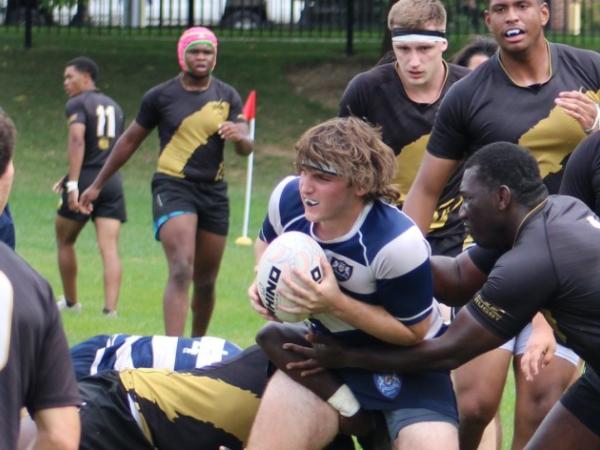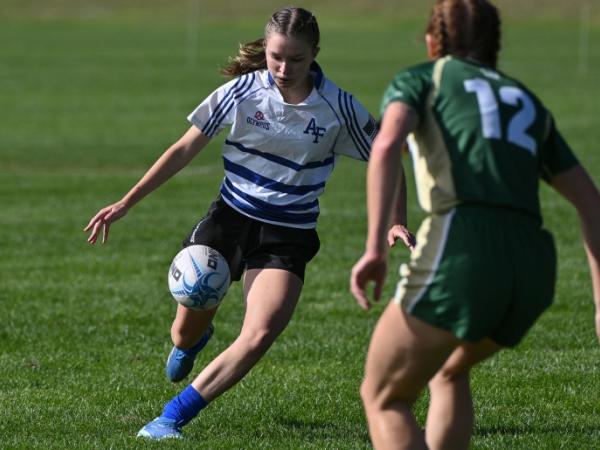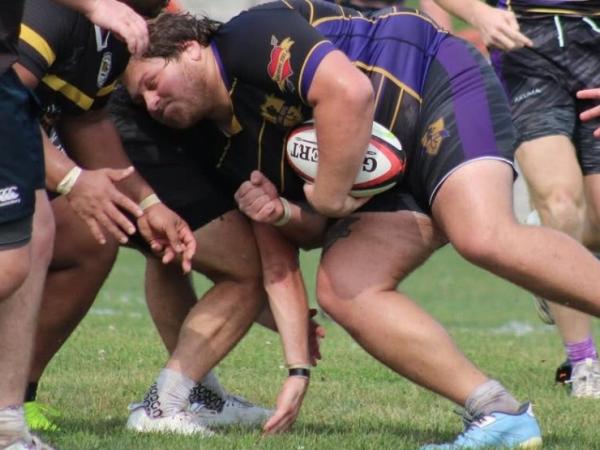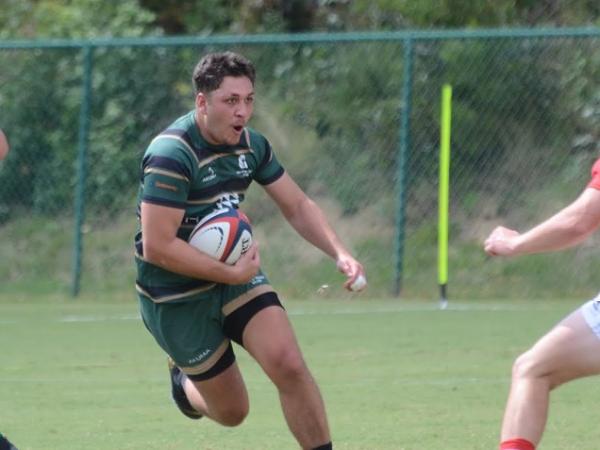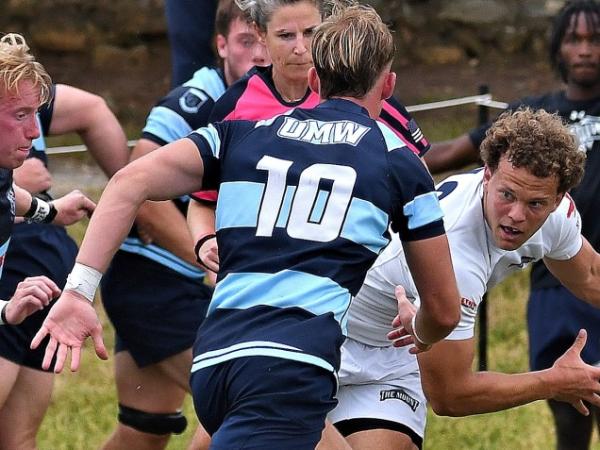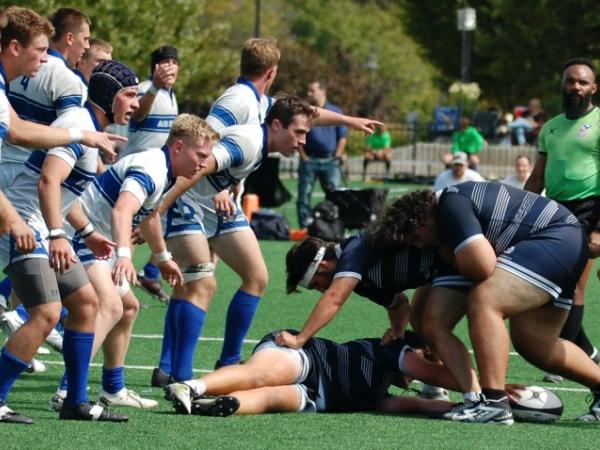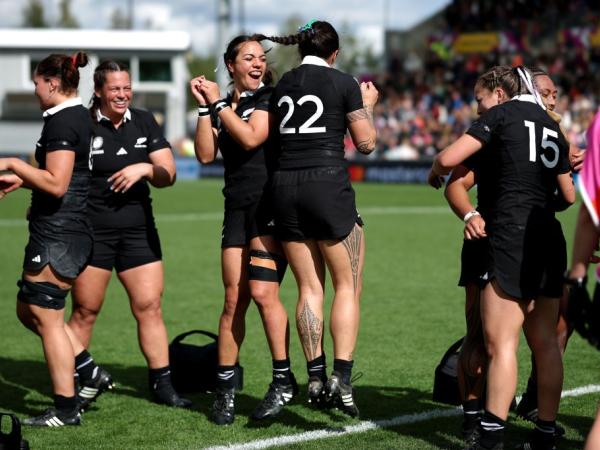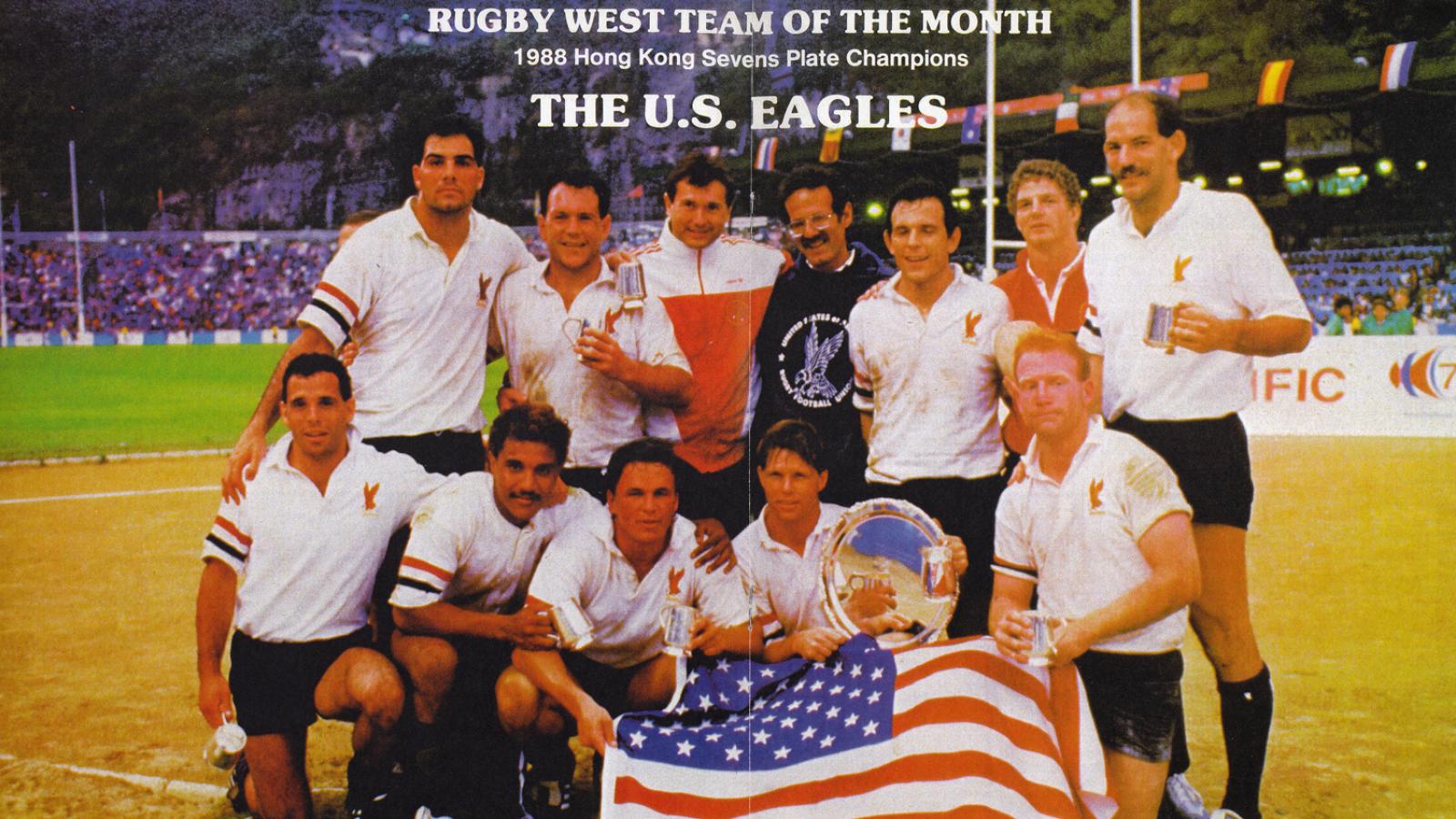Well we learned something from Nanjing, and the main lesson is, you can’t half-way the Olympics.
Now, I’m not saying that the coaches phoned it in or the players didn’t care, or anything like that. What I am saying is, it’s not that easy to just get a bunch of young players together, most of whom can count the number of 7s tournaments they’ve played on one hand, and win a medal.
In the end, what the USA teams did was not a surprise - 4th for the women, and 5th for the men. The men beat one team, Japan, and finished 5th. The women beat one team, Tunisia, and finished 4th because they also tied Spain and edged Spain for a spot in the semis.
Both of these teams had close calls. The women tied Spain and lost to Canada by a try. Had they won those games they would have likely still finished 4th, but maybe with a little boost of confidence from those victories, they could have overhauled China for a medal.
The men were in the hunt in three of their five pool games, and really pushed eventual gold medalists France, losing 22-17. Yes, France started a slightly different seven players, but only slightly different, and it’s still interesting to note that a team that finished 5th came close to beating the champs.
And then they beat Japan, a team they’d lost to earlier, and did so with emphasis. So that’s nice. But it actually proves my point.
And that point is, that to compete in a tournament of caliber, you need to build up to it. Assemblies, camps … all very nice … but both the men’s and women’s teams’ preparations were interrupted by other things, namely the Stars & Stripes games and the HS All American tour of Argentina.
I’m not saying those things are bad - they’re not, they’re great. But, for the success of the Youth Olympics 7s teams, they were interruptions. Sure, a high performance rugby assembly is good rugby, and both 7s coaches Richie Walker and Ben Gollings would say that being in a good environment is good for the player.
But … these teams needed to play together, in 7s. Developing the individual player is fine when you’re looking long-term, but by June we weren’t in long-term mode. The USA teams set for Nanjing needed to assemble and play. There were tournaments all over the place (Surfside, Cape Fear, Can-Ams, Serevi Cup) and the USA teams needed to be in them to play as a unit, and learn.
That, I guarantee, is what the other teams in Nanjing did. What the USA did was send a strong assembly of players who hadn’t played much together except on the training field. For the men’s team, it took three games for them to really get their feet, at which time they almost beat France. After losing to Argentina, they then beat Japan 29-12, a team they had lost to by a score of 22-10 a day before. Just that little game time together allowed the American men to improve 29 points against Japan.
I have no doubt that the USA men could have been medal contenders had they played three warmup tournaments during the summer.
For the women, they seemed completely overmatched by eventual gold medalists Australia, but with the rest of the opposition, they were right there. They tied Spain, lost to Canada by a try, and beat Tunisia easily.
They lost to China twice, the second time in the Bronze Medal match, but as with the Men and Japan, you can see the improvement in the scoreline. The first loss to China was 29-7, and the second was 12-0, to a 10-point improvement.
Had this team come in more game-hardened, don’t you think they could have beaten Spain and Canada, and perhaps even overhauled China? If they had done that, they would have finished pool play 4-1 - that might have been a stretch, but certainly 3-2. That could have set them up for a semifinal against China or Canada, either game winnable, and a medal even if they couldn’t beat an excellent Australia squad.
I fully and completely believe that. Same coaches, same players, same game plan, just more time in tournaments before getting on the plane, would have made a difference, and would have produced medals.
Women
USA 12 Spain 12
Tries: Navarro, Stephens
Convs: Stephens
USA 14 Canada 19
Tries: Feury, Stephens
Convs: Stephens 2
USA 0 Australia 38
USA 7 China 29
Tries: Rosko
Convs: Stephens
USA 26 Tunisia 0
Tries: Malau, Navarro, Stephens 2
Convs: Stephens 3
Semis
USA 0 Australia 33
Bronze Medal
USA 0 China 12
Men
USA 12 Kenya 22
Tries: Tikoisuva, Germishuys
Convs: Barry
USA 0 Fiji 29
USA 10 Japan 22
Tries: Tikoisuva, Masoe
USA 17 France 22
Tries: Tokoisuva, May, Matthews
Convs: J. Helu
USA 10 Argentina 33
Tries: J. Helo, Matthews
5th Place
USA 29 Japan 12
Tries: Poch, Germishuys 2, J. Helu, Matthews
Convs: J. Helo 2





